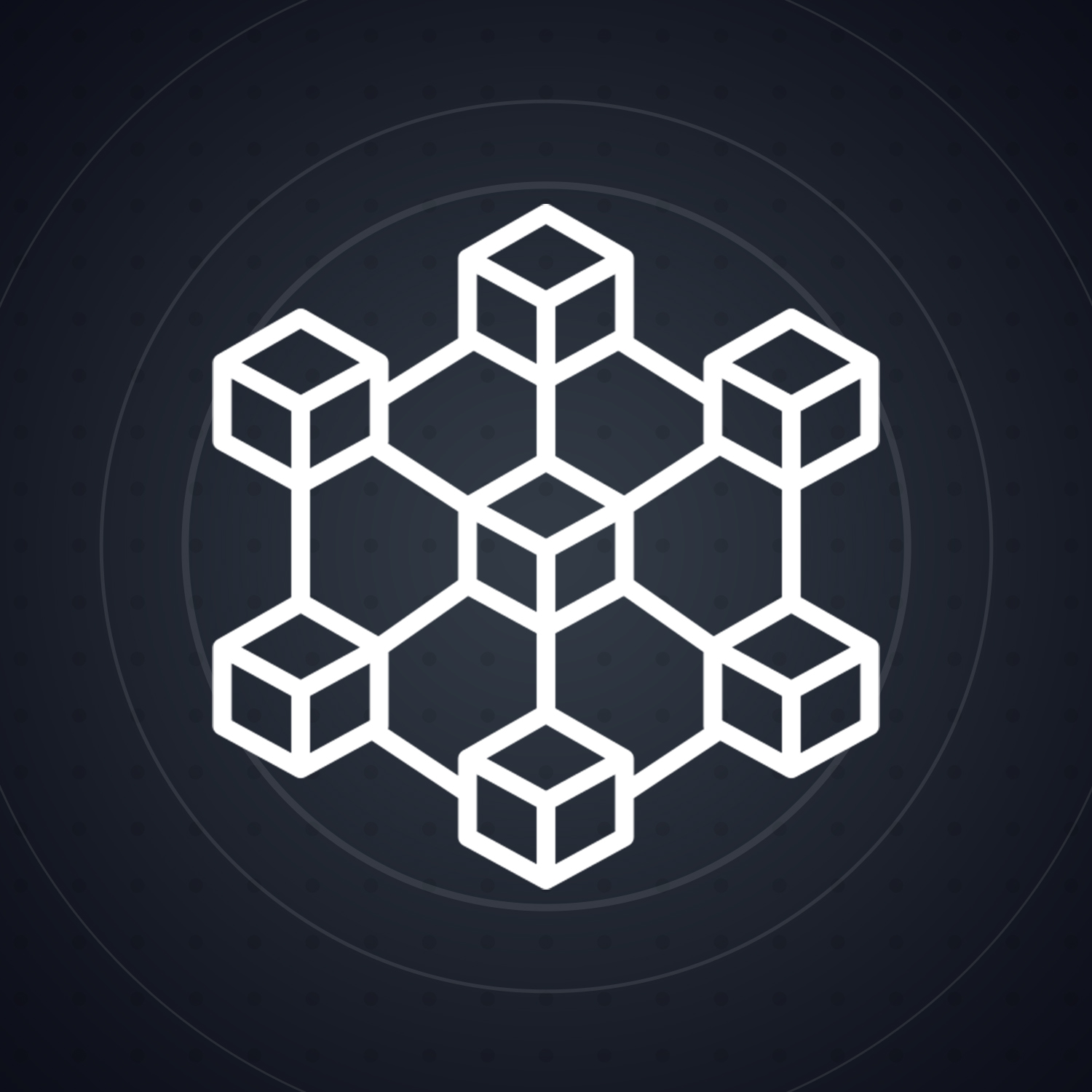In the blockchain world, the term decentralization is often mentioned as a core value — a foundational principle of the entire ecosystem. But beyond the theoretical concept, what does decentralization mean for you as an investor? How does it impact the safety, yield, and sustainability of your investment? In this article, we’ll explain why decentralization is essential in staking and crypto investments—and how choosing a validator well-positioned in this regard can help protect your capital.
What is decentralization in blockchain?
Decentralization is the process by which the power to decide and validate transactions is distributed among multiple actors, rather than being concentrated in a single point (as it happens in centralized systems, such as banks or traditional financial institutions).
In a decentralized blockchain network, thousands of nodes simultaneously validate and store data. No single entity controls the entire network, making it more secure, more resistant to attacks, and more democratic. That’s why decentralization is seen as a cornerstone of blockchain technology.
Why decentralization matters for you as an investor
In the context of cryptocurrency investments and staking, decentralization is not just a technological ideal — it’s a concrete factor that affects the safety and efficiency of your investments. A decentralized network reduces reliance on single points of control and ensures a higher degree of resilience against attacks, technical failures, or censorship. If you want a sustainable and secure crypto portfolio, understanding the importance of decentralization is a key step.
1. Protection against systemic risks
In a centralized system, a single point of failure can compromise the entire system. If a staking platform relies on just one provider (e.g., a major cloud provider), an attack or service outage could impact dozens or even hundreds of validators at once. In a decentralized system, this vulnerability is spread out, and the network remains operational even if one node fails.
2. Improved security
The more distributed a network is, the harder it is to compromise. Decentralization reduces the risk of censorship or double-spend attacks and protects investors’ funds from manipulation by entities with vested interests.
3. More resilient and sustainable networks
Decentralization helps networks withstand technical or political crises. A network with validators that are geographically and operationally distributed can function regardless of regional disruptions or the policies of any single provider.
4. Fairer rewards
In a decentralized ecosystem, validation is shared among different participants, and rewards are more equitably distributed among investors. Unlike centralized systems, where a few entities control most of the validation and earn disproportionate profits, decentralization encourages healthy competition and community involvement.
Decentralization in staking – how it affects your returns?
Staking involves delegating your assets to a validator that helps secure the network. Choosing a validator that actively contributes to decentralization can directly impact your investment performance.
Validators that rely on the same infrastructure (e.g., AWS, Google Cloud) tend to create a central point of control. If that infrastructure is compromised, all those validators could go offline or get penalized. In contrast, a validator with independent infrastructure can ensure continuity, uptime, and safety—all of which are critical to avoiding reward losses or slashing risks.
Here’s how to identify a validator that supports decentralization:
- Uses proprietary or distributed infrastructure, not just shared cloud services
- Has data centers in multiple locations for redundancy
- Owns its own ASN and dedicated IP classes
- Operates on multiple blockchain networks, showing adaptability
- Communicates transparently and supports community development
01NODE and our commitment to decentralization
At 01NODE, we’ve built our operations around the idea of true decentralization. Unlike validators that rely solely on external infrastructure, we’ve invested in our own systems, including three data centers, one of which we fully own. We operate our own ASN and IP address classes, giving us complete independence from third-party providers and full control over our operations.
We actively participate in over 30 blockchain networks and use modern technologies like SSV to enhance the security and resilience of staking, especially in Ethereum. Our goal is to offer a safe and transparent experience for all delegators who want to support a decentralized and sustainable blockchain ecosystem.

